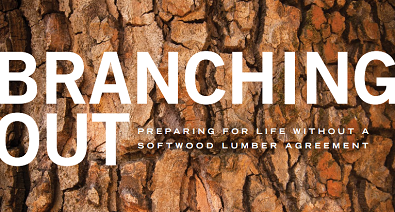The province, already hammered by low oil prices, could be in for another major economic blow according to the Canada West Foundation.
The economic think-tank says billions of dollars will be at stake when the Canada-U.S. softwood lumber agreement expires in a few weeks.
Softwood lumber, the type of wood used to build houses, is northern Saskatchewan’s second-largest industry. It generates a billion dollars in annual sales and provides more than 4,000 jobs.
The money and those jobs could be at risk, according to a report written by Naomi Christensen of the Canada West Foundation.
“As you know they have been taking action against our industry for over 120 years,” she says. “So we have to be realistic about the protectionist attitude that does exist within the U.S. lumber industry itself.”
The United States maintains the Canadian industry is unfairly subsidized by governments, so it imposes extra taxes to protect its own industry.
The two countries have worked out their differences in a trade deal called the softwood lumber pact. It expires October the 12, opening the door once again for the U.S. to impose tariffs.
Christensen says it is time we stopped being so dependent on the U.S. market and started looking for new customers in Mexico as well as Asia.
“The facts are that there are definitely opportunities for Canada to become a preferred supplier in some of these markets such as Indonesia, Thailand and Vietnam where the demand is increasing,” she said.
The United States imports about 53 per cent of Canada’s softwood lumber. China is the second-biggest buyer at 31 per cent. Nationally, the industry provides 200,000 jobs and injects $20 billion into the Canadian economy.
While the trade deal with the U.S. expires in a few weeks, a clause in the agreement prevents litigation for a year. Christensen says that will give us more time to find new customers.
